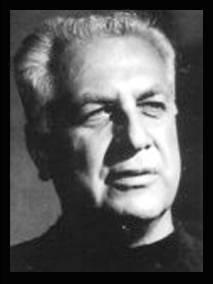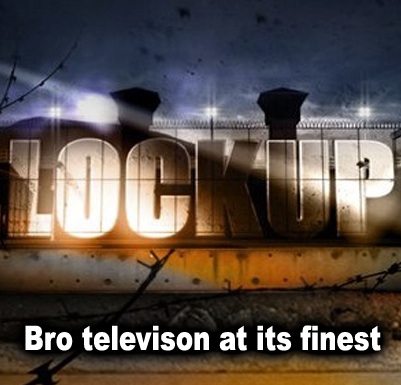Writing teachers are neurotic candy-asses. Not David Scott Milton
“All writing is re-writing.” Yeah, try telling that to someone who last wrote in blood.
 Author and playwright David Scott Milton spent 13 years teaching creative writing at CCI, a “SuperMax” prison in Tehachapi, California. “Tehachapi,” as the facility itself is better known, has seemingly been around forever. It was built for inmates refusing to live by regular prison rules, murderers serving lengthy sentences, and men assigned to extreme isolation in high-security units, a.k.a. the controversial S.H.U. programs making headlines today.
Author and playwright David Scott Milton spent 13 years teaching creative writing at CCI, a “SuperMax” prison in Tehachapi, California. “Tehachapi,” as the facility itself is better known, has seemingly been around forever. It was built for inmates refusing to live by regular prison rules, murderers serving lengthy sentences, and men assigned to extreme isolation in high-security units, a.k.a. the controversial S.H.U. programs making headlines today.
Milton’s average Tehachapi class consisted of 15 to 20 lifers, most in for murder. I met him after he’d been hired to teach one of his classes about 80 miles north, on the Level III Yard at Wasco State Prison. By then, David Scott Milton was a veteran prison educator familiar with every risk, procedure, and personal reward his job could entail.
First off, for all the prominence of literacy and its rehabilitative powers, which we assume exists behind bars, you’d think creative writing courses would be better attended. They’re not. Though the power to save lives endures in the written word, a lot of the fellas incorrectly assume writing credentials come with the territory.
Yet you don’t learn to write in a prison writing class: you learn why it’s important to fight for the time to write, which sounds funny considering inmates are supposed to have nothing but time. But if there’s one thing true about prison, it’s that it’s one upended Hollywood cliché after the next. Read more
 The time is right for Prisoner Re-Entry Schools.
The time is right for Prisoner Re-Entry Schools.

